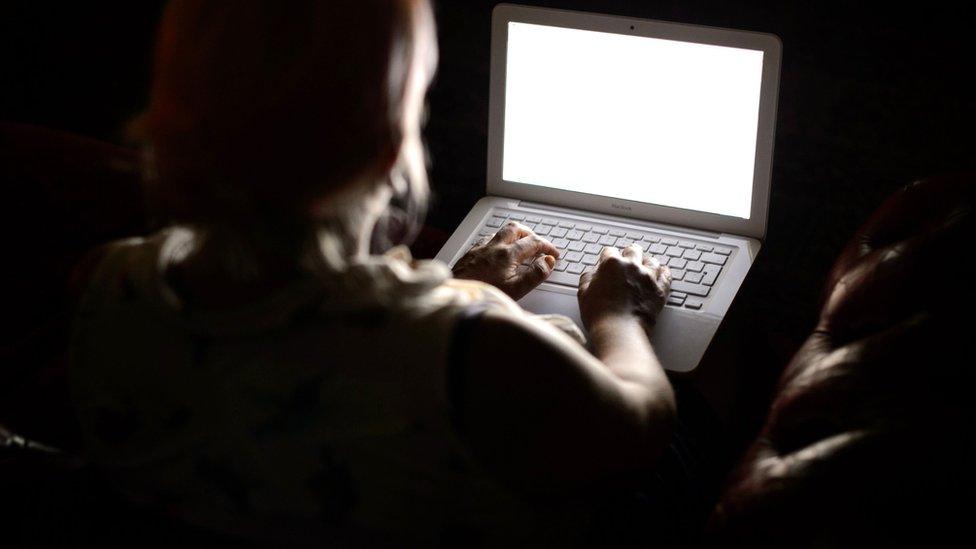CPS fined £200,000 over theft of interview film laptops
- Published

The Crown Prosecution Service (CPS) has been fined £200,000 by the information watchdog after the theft of laptops containing videos of police interviews.
The computers were loaded with footage linked to 31 investigations, the Information Commissioner's Office said.
They were taken as footage was being edited for use in criminal proceedings.
Many of the cases involved sexual and violent offences, and some related to historical allegations against a high-profile individual, the ICO added.
Stephen Eckersley, head of enforcement at the ICO, said the CPS had been "complacent".
The CPS said it had strengthened arrangements to prevent further incidents.
'Highly sensitive'
The computers were being kept in a residential flat in Manchester, which was being used as a studio, when it was burgled in September 2014.
Although the machines were password protected, the ICO said the data was not encrypted and the flat had insufficient security.
Mr Eckersley said: "Handling videos of police interviews containing highly sensitive personal data is central to what the CPS does.
"The CPS was aware of the graphic and distressing nature of the personal data contained in the videos, but was complacent in protecting that information."
The laptops were recovered after eight days and the burglar apprehended, the ICO said. It said it was not aware of anyone else accessing the material.
'Full review'
A CPS spokesperson said the incident was a matter of "real regret".
The spokesperson added: "It is vital that victims of crime feel confident that breaches like this will not happen and, following a full review after this incident, we have strengthened the arrangements for the safe and secure handling of sensitive material."
The probe also found the CPS had used the same film company since 2002.
DVDs which were not encrypted were delivered using a courier firm. In urgent cases, an editor would collect DVDs from the CPS and take them to the studio using public transport.
The ICO found this was an ongoing contravention of the Data Protection Act.